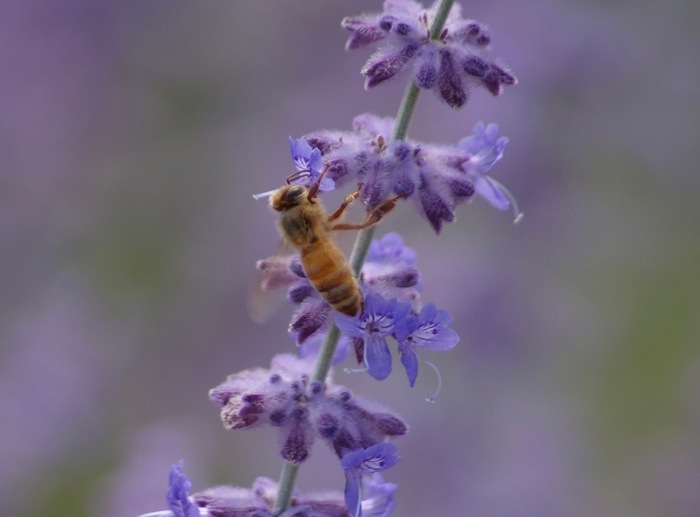A hazard of writing science fiction is that actual advances in science often tend to overtake the fictional advanced science in the story, making it appear quaint at best, or laughably naive at worst. Thus we have novels with scenes set in interplanetary spacecraft where the pilots are using slide rules to plot their courses, or computers with human-like intelligence that have a memory “core” made of donut-shaped magnets strung on a grid of wires. As late as the 1980s there was limited realization among science fiction writers of how the internet would transform society. Sometimes that makes a difference in the story, sometimes not.
Science fiction writers are well aware of this. I remember reading an essay about the making of “2001, a Space Odyssey,” by Arthur C. Clarke once a long time ago, though I’ve forgotten where. In it, as I recall, he said that Stanley Kubrick had queried Lloyds of London about getting an insurance policy against the possibility that actual aliens would contact humanity before the movie came out, and thus render the plot obsolete. Clarke said that he had no way to know how they calculated the premium for the policy, but it was, appropriately enough, astronomical, so they went without this coverage.
As the great philosopher Yogi Berra once said, “It’s tough to make predictions, especially about the future.”
And so I watch with growing apprehension the spread of the novel Corona Virus, COVID 19, as it paralyzes China and spills over into other countries. As I write this, no one is able to predict how far the epidemic will spread, and statements from government officials have been contradictory. The human and economic toll is rising day by day.
There have been many science fiction stories written about the aftermath of a plague, Earth Abides by George Stewart, and The Stand by Stephen King are two examples that come to mind. I certainly hope those books remain fiction. I hesitate to mention, in the same paragraph as those other books, the novel that I’ve written, The Great Disruption, which I’m currently shopping around to agents, but it too is set in the aftermath of a world-wide plague.
I’m currently (March 2020) reading a fascinating book by Laurie Garrett, The Coming Plague. It’s not fiction, but parts of it read like a horror story. It turns out that plagues are not uncommon in our history. With the advent of antibiotic resistant strains of bacteria, novel strains of viruses appearing, and the ease of world-wide transportation, such plagues could well be a growing problem.
In my novel, the plague has ended by the opening, and the survivors don’t know if it was a chance mutation of a naturally occurring virus, or a biological weapon that backfired. That point is moot to the few who are left.
The corona virus currently afflicting China doesn’t have the characteristics of the one in my novel, but that point is likewise moot. Real people are suffering now, and I’ve donated to help the victims. A small gesture from my comfortable home in the United States, perhaps, but I hope that enough small gestures will add up to make a real difference.
You can read the opening of The Great Disruption at Embark Literary Journal, Issue 9, July 2019.


